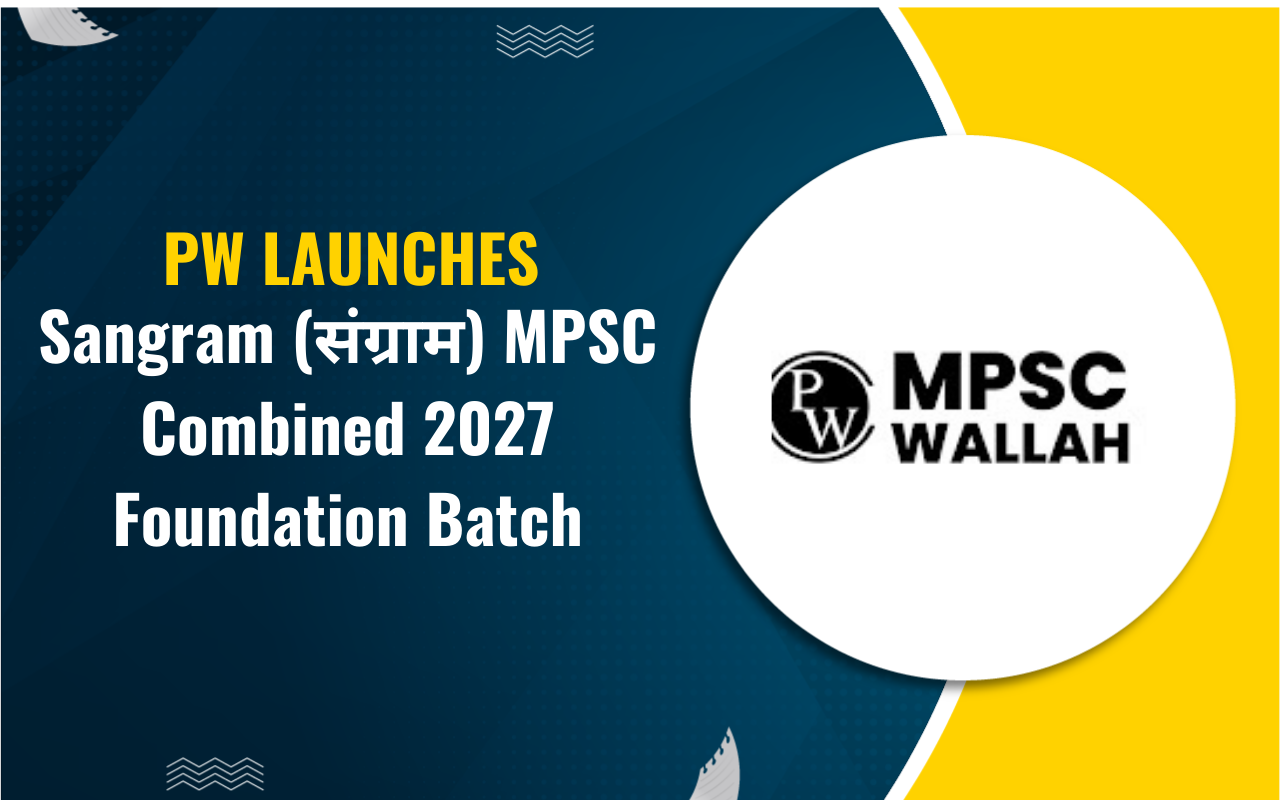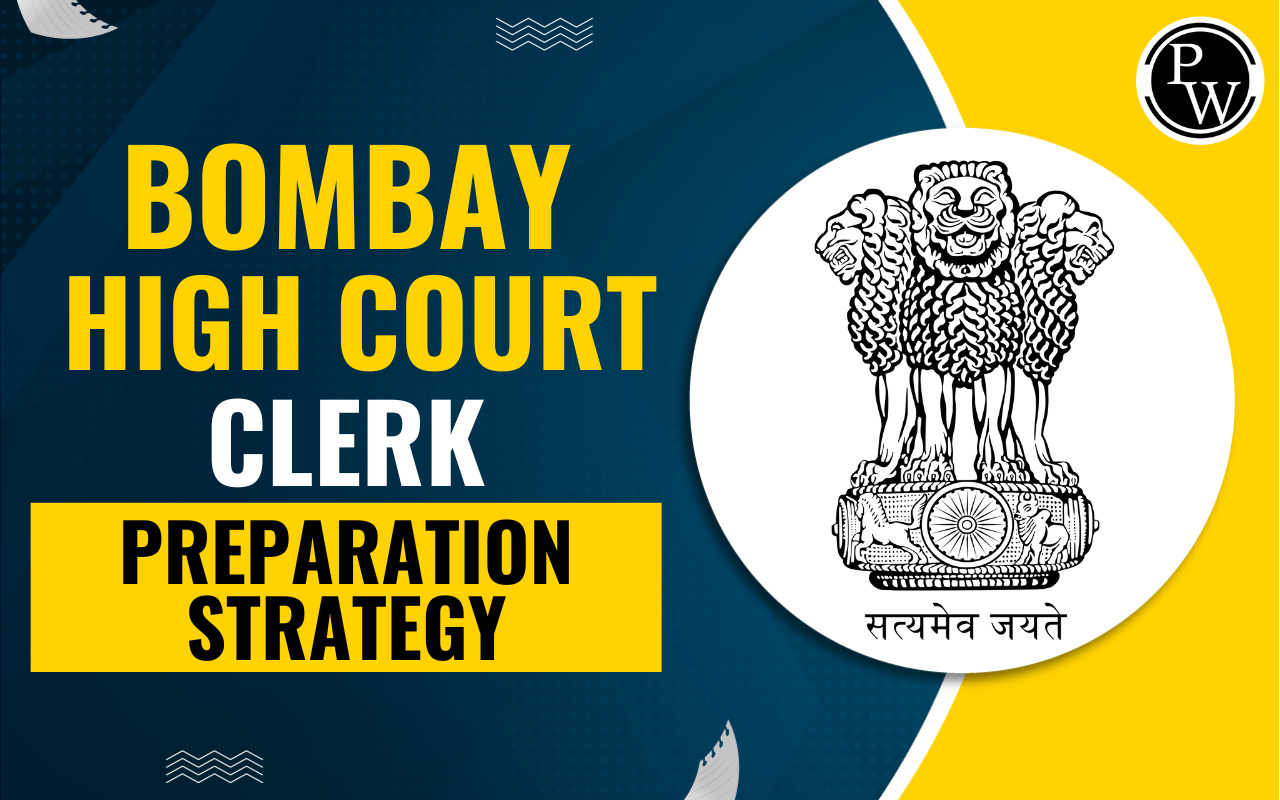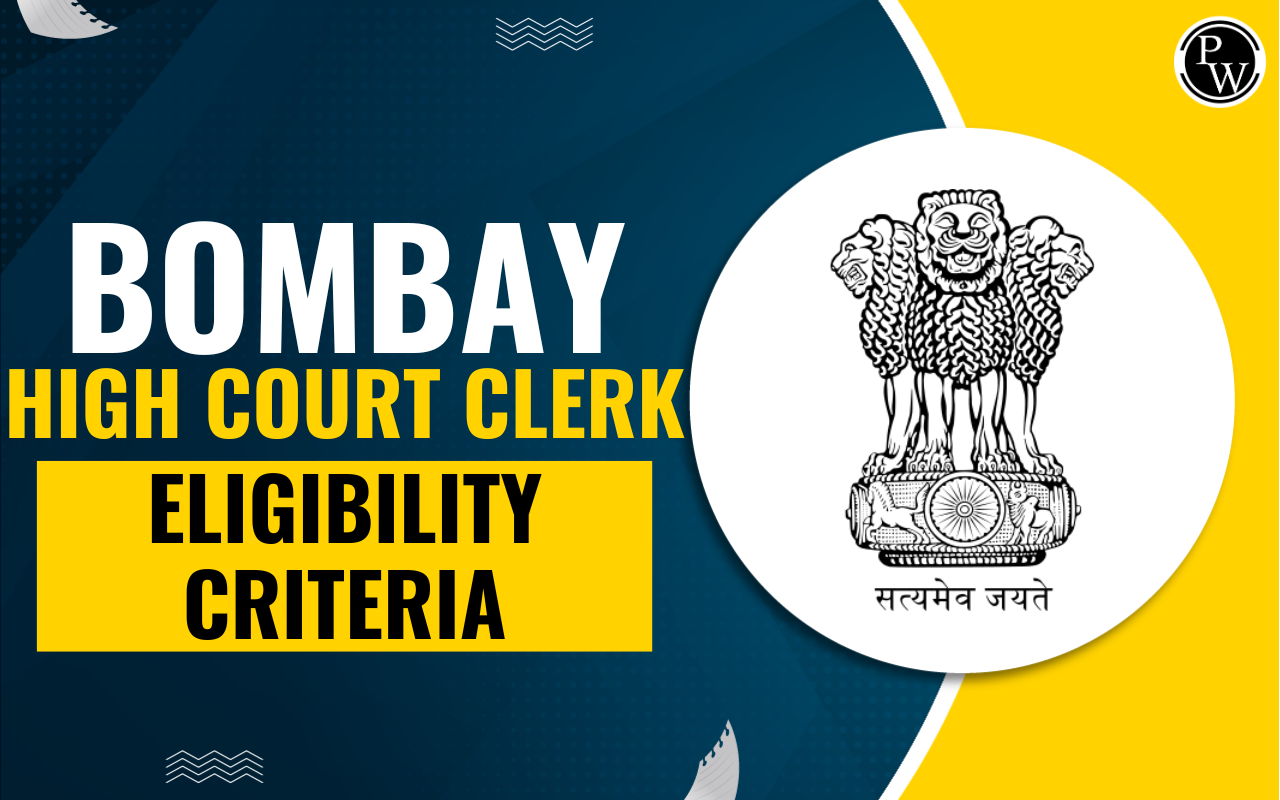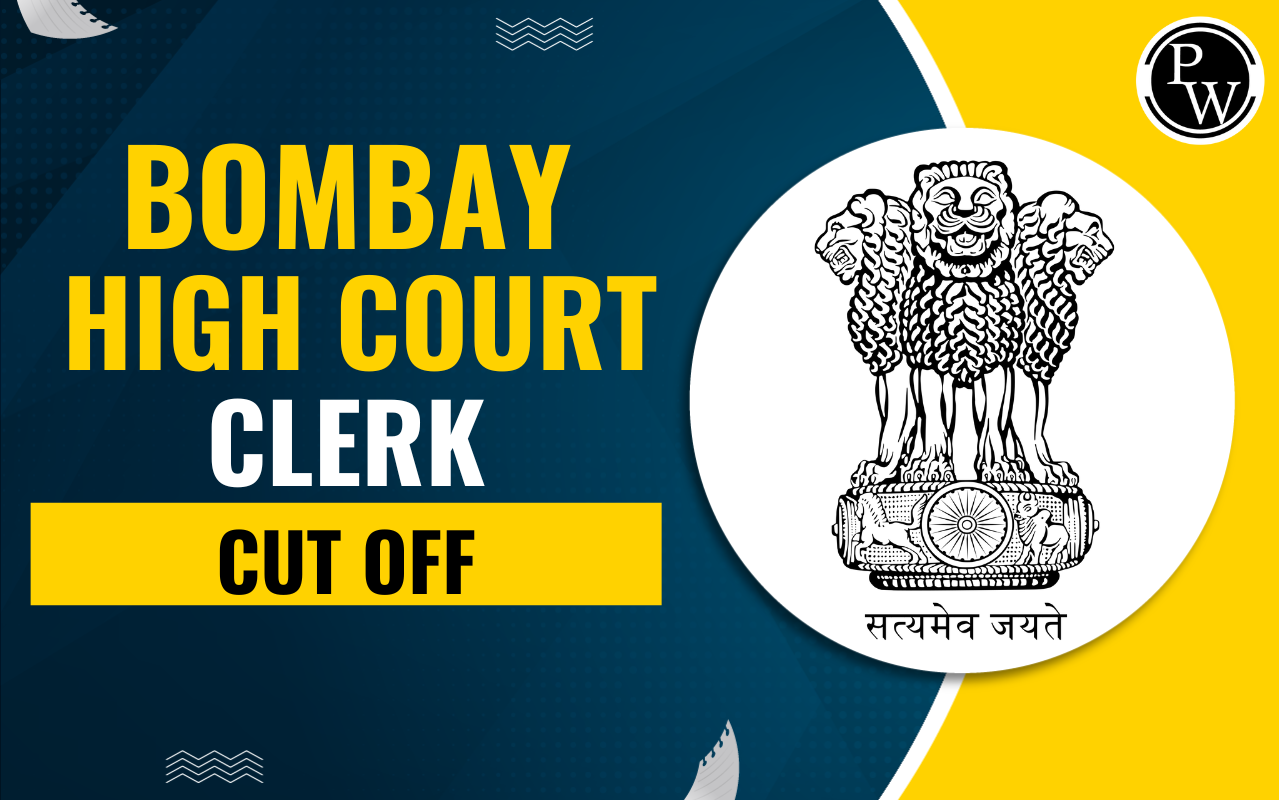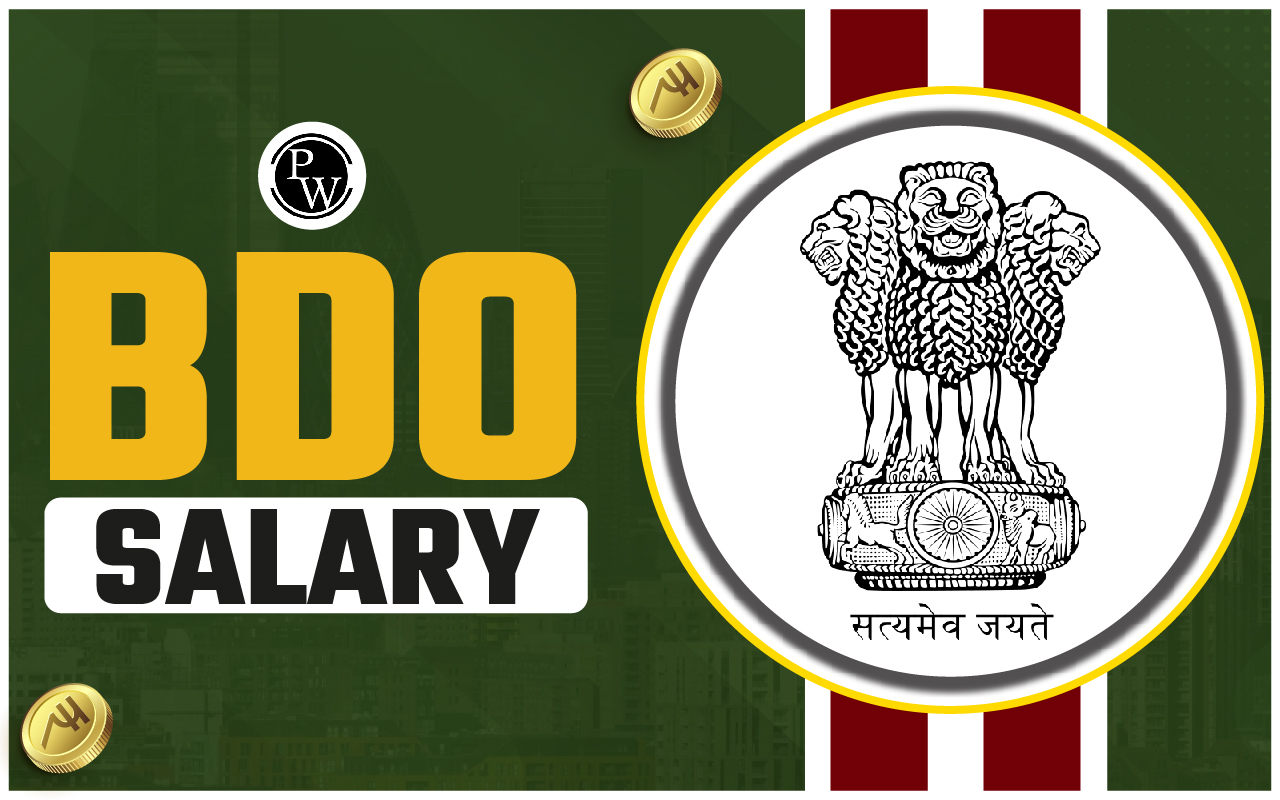
MPSC Political Science Syllabus 2024: The Maharashtra Public Service Commission has released the MPSC Political Science Syllabus 2024 with the official MPSC 2024 Notification . The candidates who are going to choose Political Science as their option subject go through the topics and sub-topics of the syllabus. The MPSC Exam Syllabus and Exam Pattern assist applicants in determining what is and is not significant as well as how to prepare for the examination procedure.
To do well in the exam, applicants need to thoroughly prepare with a well-defined, well-structured plan. The MPSC selection process consists of three steps that candidates must pass: the preliminary exam, the main exam, and the interview. They should use well-chosen professional guidance in a succinct and rational manner to prepare for the test. The written examination is of 1750 marks with 9 question papers and the interview and personality test includes 272 marks. This constitutes the MPSC total Marks 2024 which is 2025.MPSC Political Science Syllabus 2024
The MPSC Political Science Syllabus 2024 is divided into two papers paper 1 with subject code 1049 and paper 2 with subject code 1050. The candidates can choose from several optional subjects which include Political Science. The candidates can prepare for the MPSC 2024 Political Science from this article. Since Political Science is a highly specialized subject for MPSC, individuals who have studied Political Science at the degree level should consider this course. The topics covered in the MPSC Syllabus for this subject include Nature and major approaches; Political economy and political sociology perspectives.MPSC Political Science Syllabus Section Wise 2024
The candidates can go through the section-wise MPSC Political Science Syllabus 2024 from the table given below. Paper 1 includes subject code 1049 with topics like Political Theory, meaning and approaches, Theories of state, Liberal, Neo-liberal, Marxist, Pluralist, post-colonial, and Feminist, Justice, Conceptions of justice with special reference to Rawl’s theory of justice and its communitarian critiques, Equality: Social, political, and economic. Paper 2 includes subject code 1050 with topics like Comparative Politics, Nature and major approaches; Political economy and political sociology perspectives; Limitations of the comparative method, State in Comparative Perspective, Characteristics and changing nature of the State in capitalist and socialist economies, and advanced industrial and developing societies.MPSC Political Science Syllabus 2024 Paper 1
The candidates can go through the details of the MPSC Political Science Syllabus 2024 Paper 1 from the table given below. Paper 1 includes Political Theory, meaning and approaches, Theories of state, Liberal, Neo-liberal, Marxist, Pluralist, post-colonial, and Feminist, Justice, Conceptions of justice with special reference to Rawl’s theory of justice and its communitarian critiques, Equality: Social, political, and economic, etc. Go through the syllabus details mentioned below to prepare effectively for the upcoming examination.| MPSC Political Science Syllabus 2024 Paper 1 | |
| Paper 1: Subject Code 1045 | Subjects |
| Political Theory and Indian Politics |
|
| Indian Government and Politics |
|
MPSC Political Science Syllabus 2024 Paper 2
The candidates can go through the details of the MPSC Political Science Syllabus 2024 Paper 1 from the table given below. Paper 2 includes Comparative Politics, Nature and major approaches; Political economy and political sociology perspectives; Limitations of the comparative method, State in Comparative Perspective, Characteristics and changing nature of the State in capitalist and socialist economies, and advanced industrial and developing societies, etc. Go through the syllabus details mentioned below to prepare effectively for the upcoming examination.| MPSC Political Science Syllabus 2024 Paper 2 | |
| Paper 2: Subject Code 1050 | Subjects |
| Comparative Politics and International Relations |
|
| India and the World |
|
MPSC Political Science Exam Pattern 2024
The candidates can go through the MPSC Political Science Exam Pattern 2024 from the table given below. The exam pattern includes the number of questionss, duration of the examination, standards, medium of the paper, and the nature ofhe paper. Prelims Exam:- Two exams, Paper I (Compulsory) and Paper II (Qualifying), each with a weight of 200 marks, will comprise the MPSC preliminary examination.
- The duration of this MPSC exam is two hours.
- The MPSC exam does not include negative marking.
| MPSC Political Science Exam Pattern 2024 for Prelims | |||||
| Paper No. | Marks | Duration | Standard | Medium | Nature of Paper |
| Paper I (Compulsory) | 200 | Two Hours | Degree | Marathi & English | Objective Type |
| Paper II (Qualifying) | 200 | Two Hours | Topic No.(1) to (5) Degree level Topic No.(6) class X level Topic No. (7) class X/XII level | ||
- A total of 1750 marks will be awarded for the main exam.
- There are nine papers in the MPSC primary exam.
- The MPSC main exam consists of nine papers: two candidate-selected optional papers, four general studies papers, one essay, one Marathi, and one English paper.
- Only English will be used to try the MPSC exam.
- The type of question paper will be descriptive and conventional in nature.
| MPSC Political Science Exam Pattern 2024 for Mains | ||||||
| Paper No. and Subject Code | Subject | Total Marks | Standard | Medium | Time Duration | Qualifying/Mandatory |
| Paper 1 (Code -1001) | Marathi | 300 | Matriculation | Marathi | 3 hours | (Qualifying with 25% marks) |
| Paper 2 (Code -1002) | English | 300 | Matriculation | English | 3 hours | |
| Related Links for the MPSC Exam 2024 | |
| MPSC Notification | MPSC Salary |
| MPSC Result | MPSC Syllabus |
| MPSC Answer Key | MPSC Eligibility Criteria |
| MPSC Admit Card | MPSC Apply Online |
| MPSC Previous Year Question Paper | MPSC Selection Process |
| MPSC Cut Off | |
MPSC Political Science Syllabus 2024 FAQs
Q1. What is MPSC Political Science & International Relations Syllabus?
Ans. MPSC Political Science & International Relations (PSIR) Syllabus for MPSC Exam includes Paper 1 and 2. Paper 1 covers Political Theory and Indian Politics, including Indian Government and Politics. Paper 2 covers Comparative Political Analysis, International Politics, India, and the World.
Q2. How to download the MPSC Political Science (PSIR) syllabus in Marathi for MPSC exam?
Ans. The candidates can visit the official website of MPSC to download the mains syllabus in Marathi.
Q3. What are the best books for the MPSC Political Science & International Relations (PSIR) syllabus:
Ans. The candidates can include books like Introduction to Political Theory (O P Gauba), Indian Foreign Policy (Rajeev Sikri), Foundations of Indian Political Thought (V R Mehta), in their MPSC preparation.
Q4. Is MPSC political science (PSIR) a scoring optional for MPSC mains?
Ans. Political Science and International Relations (PSIR) is a popular optional subject and is recommended by many previous toppers for the MPSC Mains exam.
🔥 Trending Blogs
Talk to a counsellorHave doubts? Our support team will be happy to assist you!

Check out these Related Articles
Free Learning Resources
PW Books
Notes (Class 10-12)
PW Study Materials
Notes (Class 6-9)
Ncert Solutions
Govt Exams
Class 6th to 12th Online Courses
Govt Job Exams Courses
UPSC Coaching
Defence Exam Coaching
Gate Exam Coaching
Other Exams
Know about Physics Wallah
Physics Wallah is an Indian edtech platform that provides accessible & comprehensive learning experiences to students from Class 6th to postgraduate level. We also provide extensive NCERT solutions, sample paper, NEET, JEE Mains, BITSAT previous year papers & more such resources to students. Physics Wallah also caters to over 3.5 million registered students and over 78 lakh+ Youtube subscribers with 4.8 rating on its app.
We Stand Out because
We provide students with intensive courses with India’s qualified & experienced faculties & mentors. PW strives to make the learning experience comprehensive and accessible for students of all sections of society. We believe in empowering every single student who couldn't dream of a good career in engineering and medical field earlier.
Our Key Focus Areas
Physics Wallah's main focus is to make the learning experience as economical as possible for all students. With our affordable courses like Lakshya, Udaan and Arjuna and many others, we have been able to provide a platform for lakhs of aspirants. From providing Chemistry, Maths, Physics formula to giving e-books of eminent authors like RD Sharma, RS Aggarwal and Lakhmir Singh, PW focuses on every single student's need for preparation.
What Makes Us Different
Physics Wallah strives to develop a comprehensive pedagogical structure for students, where they get a state-of-the-art learning experience with study material and resources. Apart from catering students preparing for JEE Mains and NEET, PW also provides study material for each state board like Uttar Pradesh, Bihar, and others
Copyright © 2026 Physicswallah Limited All rights reserved.
